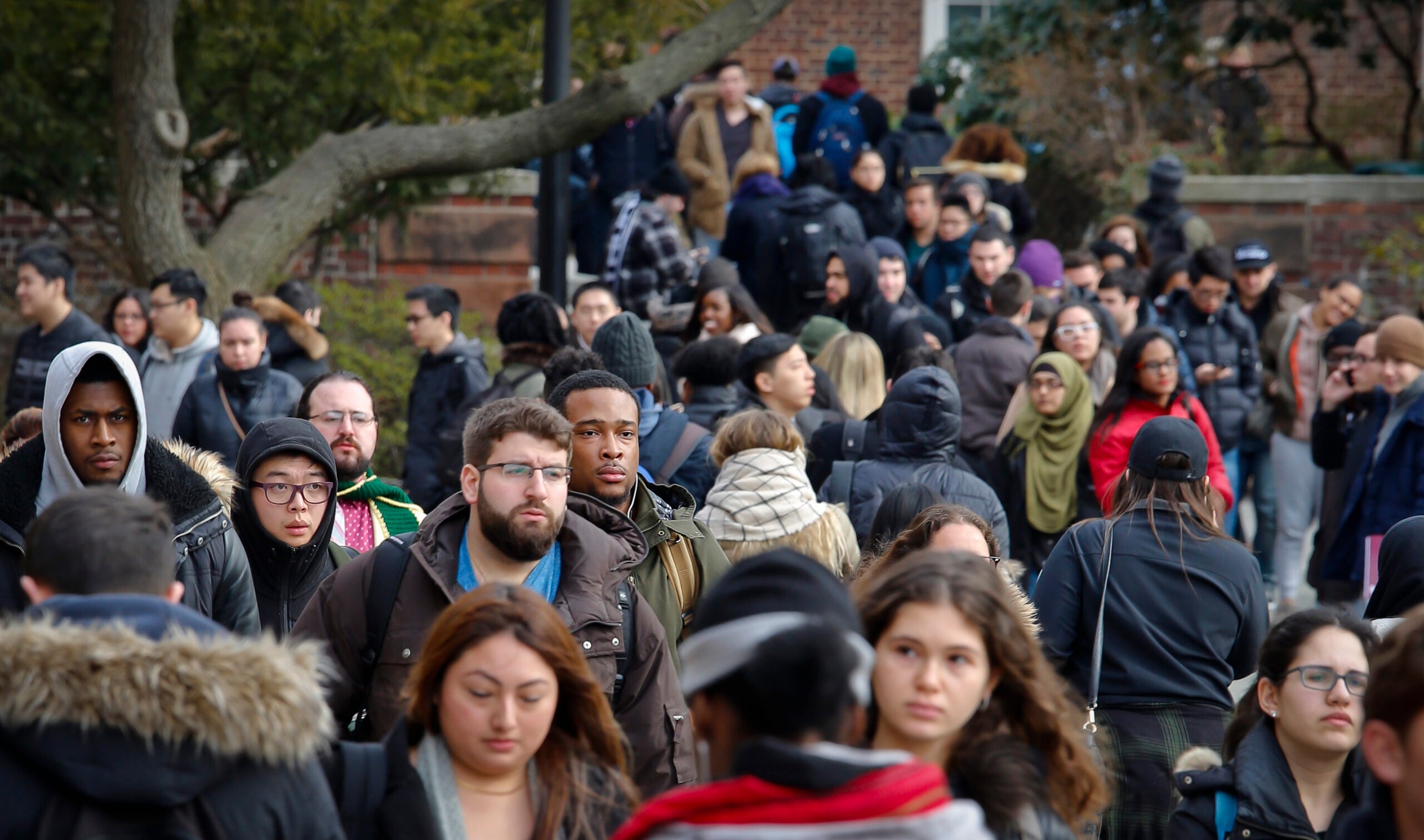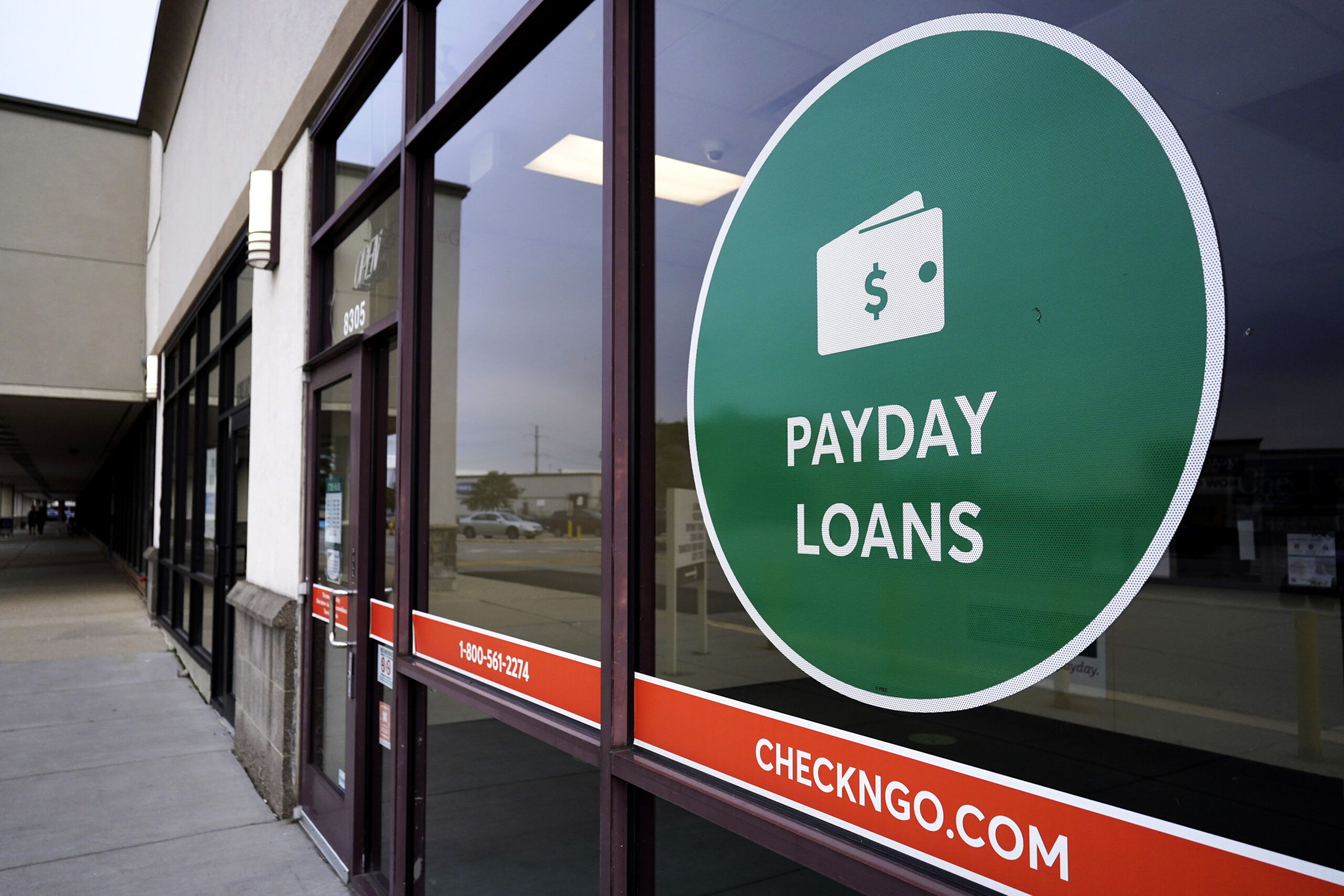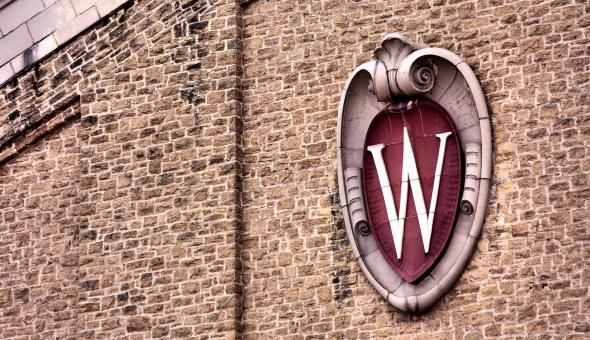The University of Wisconsin Board of Regents would not be allowed to raise in-state tuition by more than the cost of inflation under a bill circulating in the state Capitol.
But the bill’s author says the tuition caps could “calm anxieties” lawmakers may have about lifting a freeze that will stretch into its seventh year by 2020.
State Rep. Dave Murphy, R-Greenville, has introduced legislation that would cap future tuition increases to the consumer price index, or CPI. That means any increase could not go above the rate of inflation. In April, the rate of inflation was set at 2 percent by the U.S. Bureau of Labor Statistics.
News with a little more humanity
WPR’s “Wisconsin Today” newsletter keeps you connected to the state you love without feeling overwhelmed. No paywall. No agenda. No corporate filter.
Murphy told WPR his bill doesn’t lift the current freeze on tuition increases set by the state Legislature. Instead, he said it would protect students and their families from large increases when and if the freeze is lifted.
“The goal is to make sure that if we no longer have a tuition freeze, that tuition at our universities will not skyrocket,” Murphy said.
A memo sent by Murphy’s office to lawmakers asking for cosponsors to the bill gave examples of tuition rising by 27 percent in 1969, a year after a similar tuition freeze was lifted. The memo said tuition increased by 56 percent four years after the freeze.
Murphy, chairman of the Assembly’s higher education committee, said his proposal could even help convince lawmakers to lift the current tuition freeze.
“It would calm a lot of anxieties that people might have about what would happen with tuition if the freeze went off,” Murphy said. “And I think it would give us a very good tool to transition from where we are today and protect students and families.”
Murphy’s bill, which he said will be formally introduced this week, would also create what he called a system of “cohort tuition.” He said tuition rates for incoming freshman who are residents of the state would not increase during the first four years of their education. After that, tuition could be increased but only by the rate of inflation.
“It would give students and parents some certainty going forward,” he said. “So, each new class would be frozen for four years.”
If passed, the bill would not go into effect until 2021 at the earliest.
A statement sent to WPR by UW System spokesman Mark Pitsch said administrators are working with the representative on his tuition proposal.
“We have been in discussions with Representative Murphy regarding his proposed legislation and will continue to provide input once the bill has been finalized and introduced,” Pitsch wrote.
In an emailed statement to WPR, UW-Milwaukee professor and president of the American Association of University Professors Wisconsin Conference, Nicholas Fleisher said it’s good that legislators “recognize the difficulties that UW System faces because of the unfunded tuition freeze.”
Fleisher continued, saying he’s disappointed to see more effort going into unfreezing tuition than providing additional state funding to the system to compensate for the lack of additional tuition revenues.
“Murphy’s proposal looks like a way to let legislators off the hook for providing more funding,” wrote Fleisher, “It will give UW campuses less funding than they would get with a fully funded freeze, the new money will come from student tuition instead of state support, and it will make it harder to UW System to argue for increased state support. In all, I think Murphy’s bill points us in the wrong direction.”
It’s unclear whether Murphy’s tuition proposals will get much traction in the Legislature or whether Gov. Tony Evers would support them. Murphy said he is willing to work with colleagues, the system and Evers during the process.
Editor’s note: This story has been updated to include original reporting from WPR.
Wisconsin Public Radio, © Copyright 2025, Board of Regents of the University of Wisconsin System and Wisconsin Educational Communications Board.






